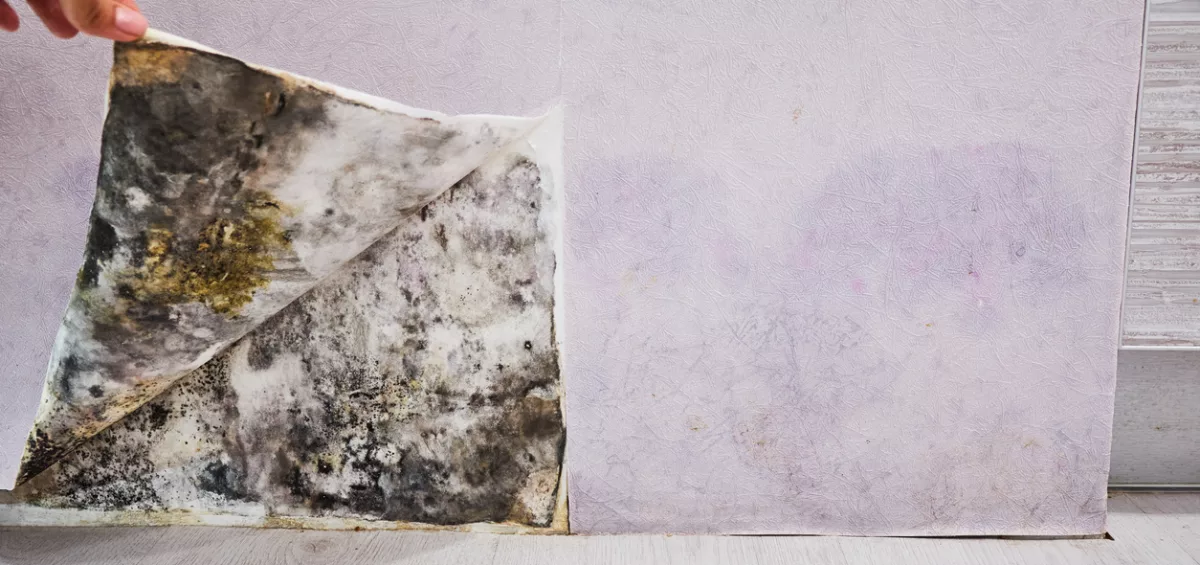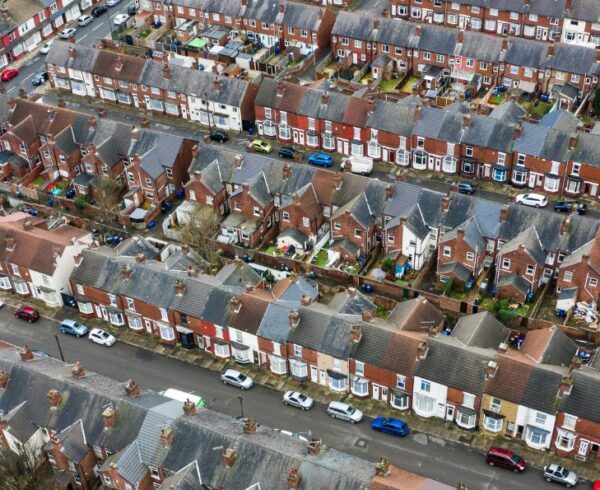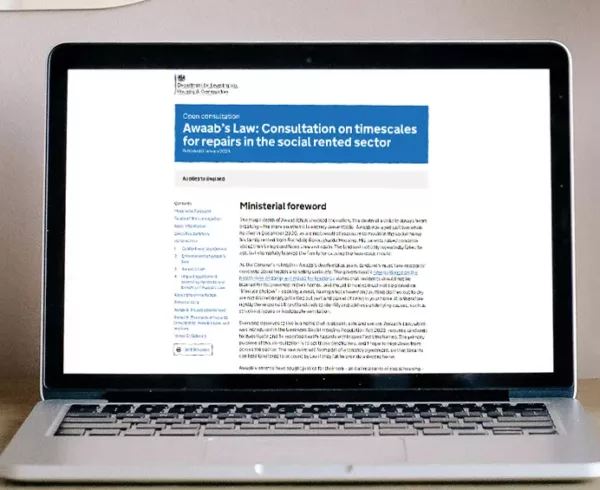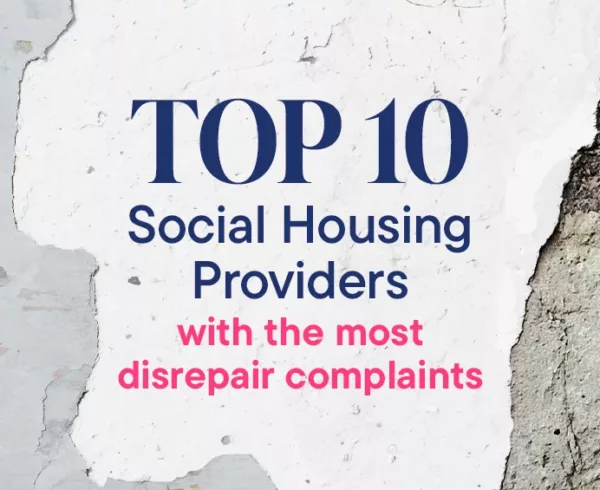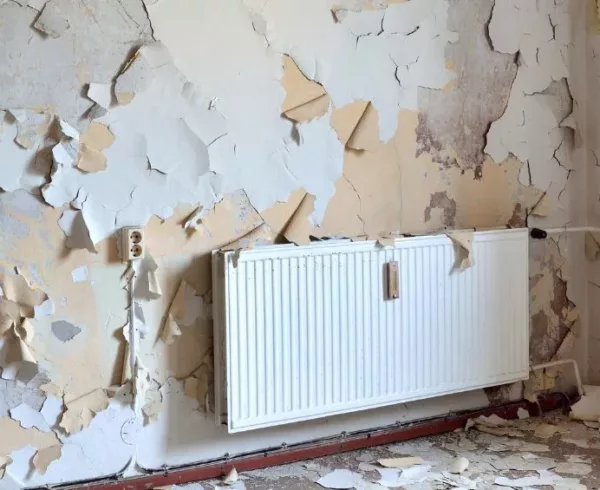The Homes (Fitness for Human Habitation) Act 2018 was created to protect tenants from rogue landlords who allowed their properties to fall into severe disrepair.
It meant that tenants were given more power to hold their landlords – whether they were private or social housing landlords – to account for poor conditions and, if needed, take them to court.
For a home to be classed as ‘fit for human habitation’, they should be safe, healthy and free from anything that can cause serious harm.
However, despite the legislation coming into full force for all tenancies in 2020, including both new and existing contracts, thousands of families are still being forced to live in sub-standard conditions that put their health at risk.
Among those tenants is 60-year-old Carol McGuinness, who rents her home in Liverpool from social housing landlord Your Housing Group. Carol was told by her doctor to move out of the three-bedroomed terrace due to its potential impact on her health.
She had been complaining to Your Housing Group for around five years before instructing our expert housing disrepair team to take action.
Among the problems were damp, mould, severe structural cracks and, most worryingly, a rat infestation in her garden. There was also blocked drainage, active leaks, faulty electrics, a hole in the ceiling, defective radiators and broken windows.
The disrepair claim was settled in February 2020, with Your Housing Group agreeing to carry out the repairs and pay Carol compensation. However, the housing association breached its agreement and failed to carry out the works, resulting in a second claim and a second promise to complete the repairs by October 2020, along with the housing association agreeing to pay Carol further damages.
With repairs remaining incomplete, Carol was then told by her doctor that her severe respiratory issues would be exacerbated if she continued to live in the house.
BBC Sunday Politics, as well as both national and regional news outlets, highlighted Carol’s story in March 2021, visiting Carol and Michael at their home and interviewing our founder, Jessica Hampson, about how common cases like this are.
Jessica Hampson, our founder and owner, said: “Unfortunately, cases like Ms McGuinness’ are not a rarity when it comes to housing associations allowing their tenants to live in properties which would not be classed as being fit for human habitation as defined by the 2018 Act.
“Not only was she forced to leave her home for a substantial period of time, the work has still failed to be completed and she was even forced to isolate and shield during the COVID-19 pandemic in the decant property which has itself got severe disrepair – her health issues were not helped by such conditions and her mental health has unfortunately also suffered.
“What is most frustrating and concerning is that, even after the case was settled, repairs were still not carried out – this is not acceptable, as the council has a legal obligation to fulfil the agreement. Housing associations, such as the defendant in this matter, are putting some of the country’s most vulnerable people at risk by allowing this to happen and refusing to make, or needlessly delaying, vital repairs. This is not something we will stand for and we will continue to hold landlords to account..
“While some repairs have been done, this is not good enough and Ms McGuinness should be able to live in her home, safe in the knowledge that it is not negatively affecting her physical or mental health.”


